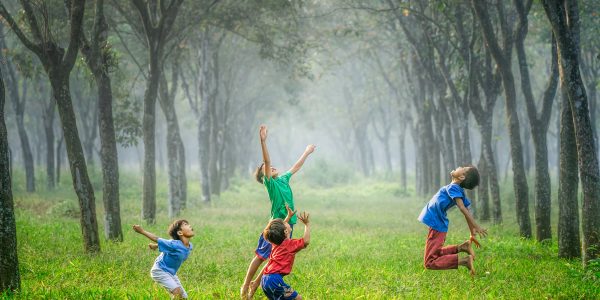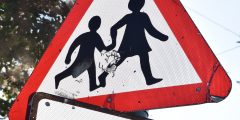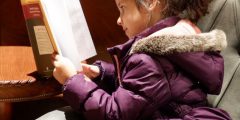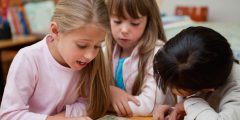Paving the path to happiness: supporting children’s mental health in the primary classroom
December 5, 2022
As teachers, we are all very aware of the rapidly increasing rate of mental health difficulties in children and adolescents within our schools. In this blog, Flo Nattrass, Mental Health Lead at Burbage Junior School in Leicestershire shares strategies for responding to this challenge. Flo also has an MSc in child and adolescent mental health. …
Primary-Secondary transition
September 13, 2021
As schools return and a new cohort of Year 7s begin, John Perry reflects on the move from primary to secondary education and how primary teachers can support this process over the coming year. A minute ago it was June. Now the weather is September. The crops are high, about to be cut, bright, golden. …
Using visual models to solve problems and explore relationships in Mathematics lessons – Part 2 (putting the theory into Practice)
June 3, 2021
This is the second of a two-part blog series by Marc North focused on using representations in Mathematics lessons to both solve problems and explore mathematical relationships. Part 1, available here, unpicked some of the key theoretical ideas around the use of representations and models. This Part 2 illustrates how these theoretical ideas can be …
Three domains of literacy
April 22, 2020
Raising reading and literacy attainment is something that is always at the forefront of educators’ minds. With a myriad of interventions and strategies out there, what is important for raising attainment in these areas? A group of school leaders and academics came together recently at the University of Nottingham’s School of Education to listen to …
The Rights of the Mathematician
February 14, 2020
In this post Catherine Gripton considers what children should expect of mathematics in school and the implications for how we approach the teaching of mathematics in a way that respects the child as a an autonomous learner. Our relationship with mathematics On the 24th October 2019, the UK government launched a consultation on proposed early …
Making a play for drama in the primary classroom
January 17, 2020
In this blog, Colin Morley looks at current ITE perceptions of the arts are, before looking at what the actuality of the arts offers within schools. He considers what the barriers are to their possible use and how drama might be used as a process tool within Primary teaching. How are the arts perceived? In …
Building confidence in using music in primary schools
December 16, 2019
Music both calms and invigorates the primary classroom. It adds order, injects a sense of freedom from the rest of the curriculum and stimulates the child’s creativity. In this blog, Liam Maloy from the Department of Culture, Media and Visual Studies at the University of Nottingham, reflects on his experiences of music and primary education. …
Remember remember …
October 15, 2019
Memory is important in learning so that learning is not lost and this has been the subject of a previous blog in this series. The new Ofsted Education inspection framework is informed by a range of research evidence including on memory and learning (pages 15-17). This evidence includes many new terms from learning sciences that …
Let’s talk about oracy
January 4, 2017
Literacy and numeracy are part of daily life for primary teachers, but in this post Rupert Knight explores what we mean by oracy and considers its possible impact. What do we mean by oracy? Put simply, oracy refers to skills related to talk and learning through talk. Between 1987 and 1993 the work of the …









